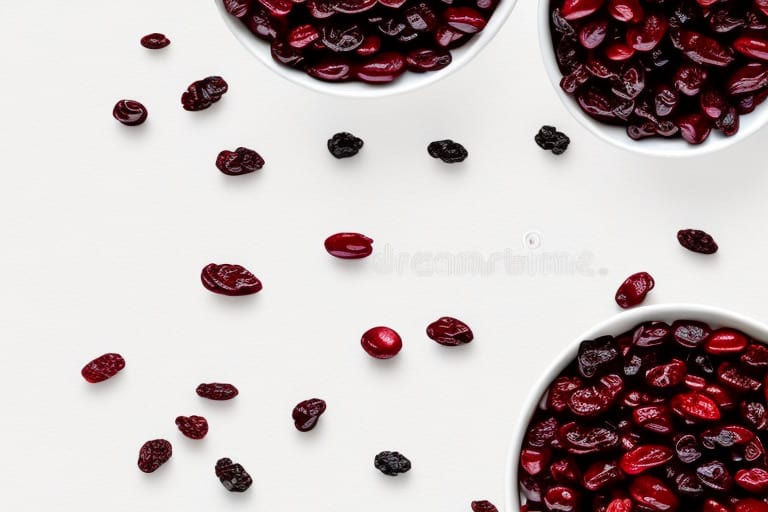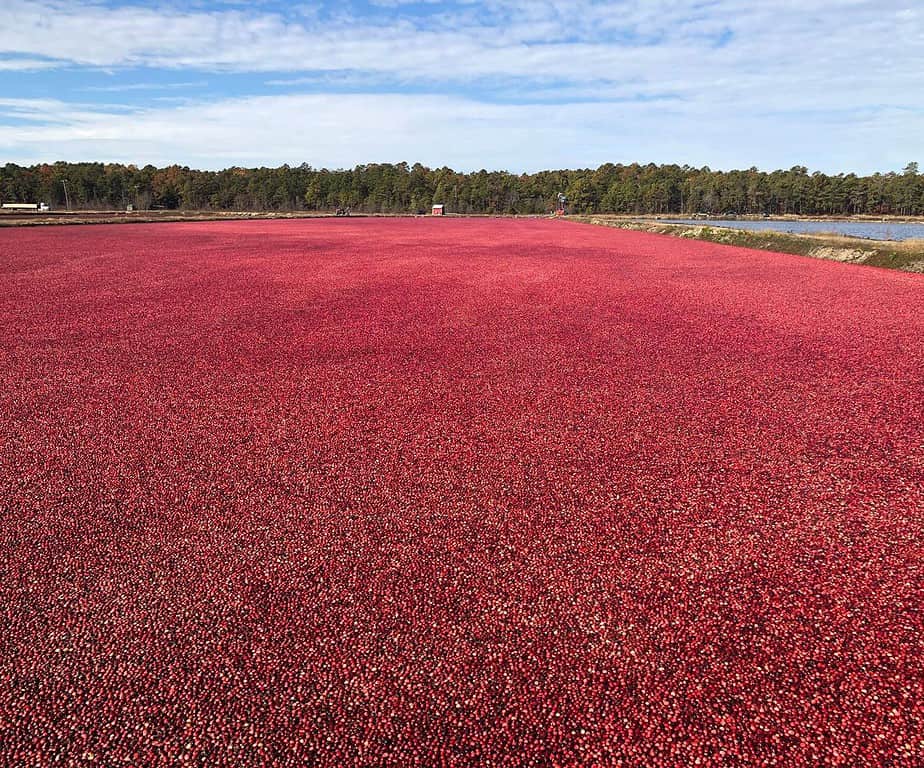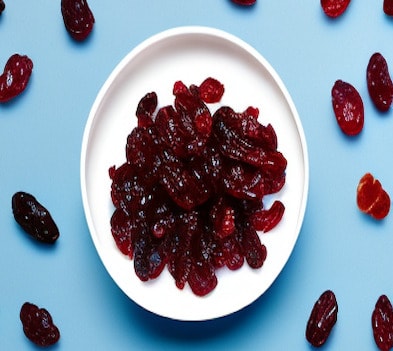There is a growing interest in the potential benefits of eating cranberries for the health of your kidneys. With their nutrition, antioxidant properties, and evidence of their potential for helping with chronic kidney disease, cranberries could be a valuable addition to a balanced diet. In this article, we evaluate the evidence behind cranberry being an essential support for a number of renal functions.
Benefits of Eating Dried Cranberries for Kidney Health
The small, tart berries of the cranberry plant have long found use in supporting urinary health. Dried cranberries help pack more nutrients and antioxidents in a tighter space. This includes vitamin C, vitamin E, zinc, and anthocyanins, which are compounds that have strong antioxidant and anti-inflammatory properties. All of these compounds benefit vibrant kidney, also named renal, health.
Studies have found that the compounds in dried cranberries are good for urinary tract infections (UTIs). Cranberry, even in an extracted form, has been shown to help keep bacteria from attaching to bladder cells. Less bacteria means a reduced chance of an infection or severity of the infection. In addition, the antioxidants found in cranberries could help reduce inflammation and oxidative stress in the kidneys.
In addition to the potential benefits for health, cranberries are also a good source of dietary fiber. Eating a diet high in fiber can help reduce the risk of chronic kidney disease and other health conditions such as heart disease and diabetes. Eating dried cranberries can be a great way to get the benefits of chewy cranberries without the sugar juice.

How Dried Cranberries Support In Renal Function
As well as having potential benefits for urinary health, cranberries may also be able to help with chronic kidney disease. Research suggests that the anthocyanins found in dried cranberries are good for kidneys and protect against damage to the kidneys. The conclusion would be that victims of renal failure or consistent UTI’s should add cranberries to their diet daily. Furthermore, studies have found that taking cranberry extract daily could help reduce Proteinuria, or too much protein in the urine, is a common symptom of chronic kidney disease.
In addition, cranberries may be beneficial for people with high levels of vitamin C. Vitamin C is an important antioxidant that helps protect the body from oxidative damage. Also, helping reduce inflammation. But, cranberry is a great way to naturally help the body use Vitamin C. This happens by adding quercetin and anthocyanins to the blood.
They are also a good source of copper, which helps the body absorb iron and form collagen.
Where Do Cranberries Come From
The first European settlers in the New World of the Americas gave cranberries the name they have today. They arrived and noticed that the cranberry bush foliage was similar to a crane. Historically, Native Americans were the first people to use cranberries as food.
The first person recorded in written history to cultivate and farm cranberries was Henry Hall in 1816. Specifically, he was a veteran of the American Revolutionary War. Just over two hundred years ago, the cranberry was domesticated in modern day America. North America is still the main grower of wholesale cranberries worldwide. With the biggest supplier being the state of Massachusets and the second place grower being the state of New Jersey.

Investigating the Antioxidant Properties
Oxidative stress has a linking to various chronic illnesses, including kidney disease. The antioxidants in dried cranberries could help reduce oxidative stress in the kidneys and protect them from damage. Studies have found that cranberry extract could reduce levels of oxidative stress markers in the kidneys and reduce inflammation.
In addition, research has shown that cranberry extract can help protect the kidneys from damage caused by toxins. The research points to the reduction of levels of toxins in the kidneys and the amount of damage caused by these toxins. This could be beneficial for people with kidney disease, as it could help reduce the risk of further damage to the kidneys.

Clinical Research Into Dried Cranberry And Kidney Function
Although research on the potential benefits of dried cranberries for kidney health is still in its early stages, the evidence is promising. Most studies have been done on animals or in test tubes. Further research is needed to determine the benefits of dried cranberries for humans with kidney disease. The research has a focus on the antioxidants found in cranberries affecting certain kinds of inflammation and oxidative stress in the kidneys, potentially slowing down the condition’s progression.
One study found that dried cranberries may help reduce kidney inflammation, which can be a major factor in kidney disease. Additionally, the antioxidants found in dried cranberries may help protect the kidneys from damage caused by free radicals. Further research is needed to confirm these findings, but the results are encouraging. Specifically, the study is based on cranberries because they are rich in flavonoids and other polyphenols.


